Manufacturing 101
Aluminum Alloys Versus Aluminum Castings
In today’s Manufacturing 101 post, we will be discussing the differences between aluminum alloys and aluminum castings, and their different applications. Aluminum alloys and castings have their own advantages and disadvantages, including differing strengths, costs, and corrosion resistance.
Aluminum Alloys Versus Aluminum Castings:
- Aluminum Alloys: First, let’s go over what exactly Aluminum alloys and Aluminum castings actually are. Aluminum alloys are made by adding different elements to pure aluminum to improve its properties. These alloys have higher strength, ductility, and resistance to corrosion than pure aluminum. They are also more expensive than pure aluminum.
- Aluminum Castings: Aluminum castings are made by melting aluminum and pouring it into a mold to create a specific shape. This process is cost-effective and ideal for creating complex shapes. However, aluminum castings have lower strength and ductility compared to aluminum alloys.
- Strength: When it comes to overall strength, Aluminum alloys have a higher strength-to-weight ratio than aluminum castings. This means that they can withstand higher loads and stresses before deforming or breaking. For applications where strength is critical, such as in aerospace, aluminum alloys are preferred.
- Cost: Aluminum castings are less expensive than aluminum alloys. This is because the casting process is simpler and requires less processing than the production of aluminum alloys. For applications where cost is a primary concern or shapes are incredibly complex, such as automotive or industrial equipment, aluminum castings are the best option.
- Corrosion Resistance: Both aluminum alloys and castings have excellent corrosion resistance. However, aluminum alloys are more resistant to corrosion due to their higher content of other elements, such as copper or magnesium. In marine or outdoor environments, where corrosion is a major concern, aluminum alloys are preferred.
As you now know, both aluminum alloys and aluminum castings have their advantages and disadvantages. Aluminum alloys are stronger, more ductile, and more corrosion-resistant, but they are more expensive. Aluminum castings are less expensive and ideal for creating complex shapes but have lower strength and ductility. The choice between the two depends on the specific requirements of the application.
Interested in finding out more information about our standard and custom tools? Consider contacting the experts who make Custom Come Standard, and let us find the perfect cutting tool for you. Just send us an email at sales@gwstoolgroup.com to get started!
